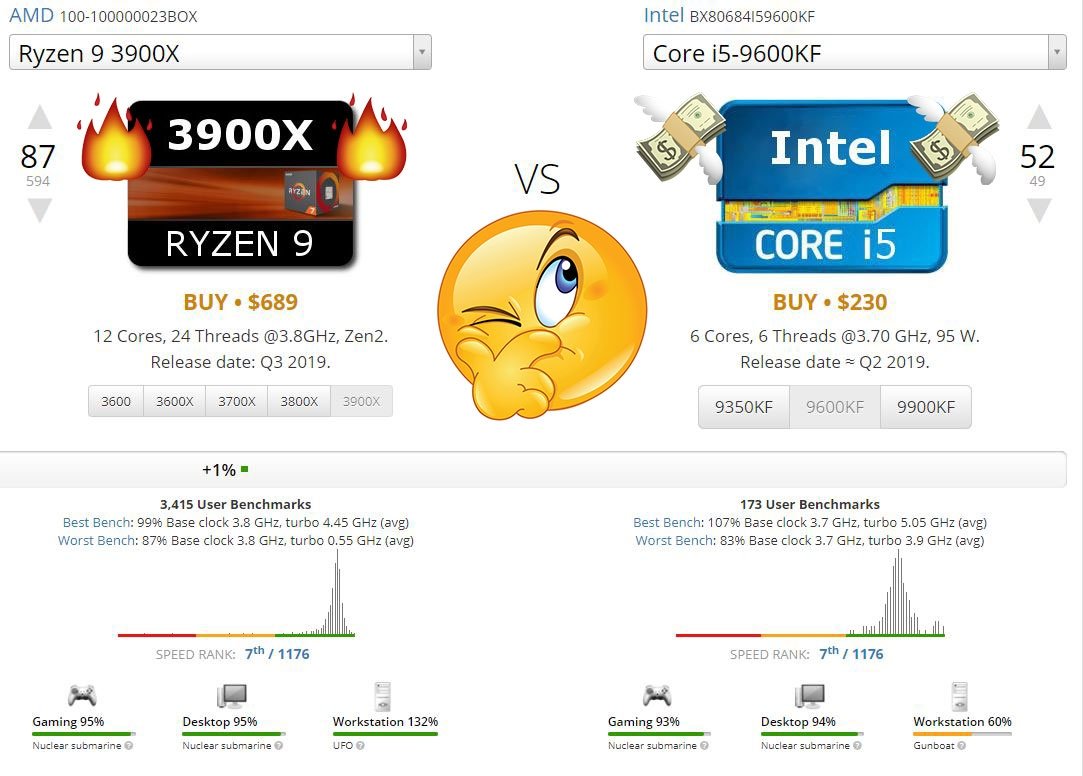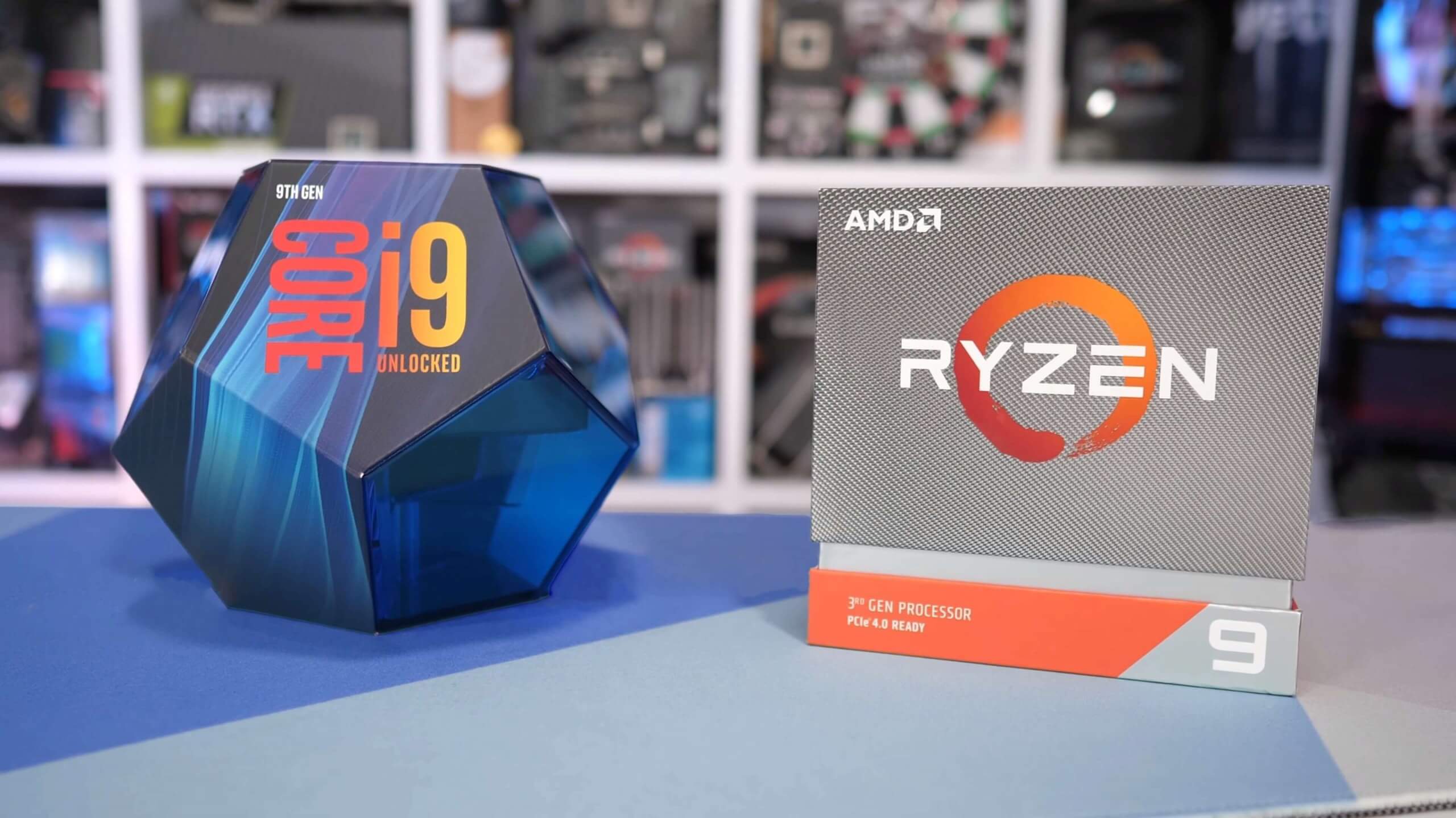- Joined
- Jul 18, 2016
- Messages
- 354 (0.11/day)
- Location
- Indonesia
| System Name | Nero Mini |
|---|---|
| Processor | AMD Ryzen 7 5800X 4.7GHz-4.9GHz |
| Motherboard | Gigabyte X570i Aorus Pro Wifi |
| Cooling | Noctua NH-D15S+3x Noctua IPPC 3K |
| Memory | Team Dark 3800MHz CL16 2x16GB 55ns |
| Video Card(s) | Palit RTX 2060 Super JS Shunt Mod 2130MHz/1925MHz + 2x Noctua 120mm IPPC 3K |
| Storage | Adata XPG Gammix S50 1TB |
| Display(s) | LG 27UD68W |
| Case | Lian-Li TU-150 |
| Power Supply | Corsair SF750 Platinum |
| Software | Windows 10 Pro |
userbenchmark...nuff said. take this with an ocean of salt.
















